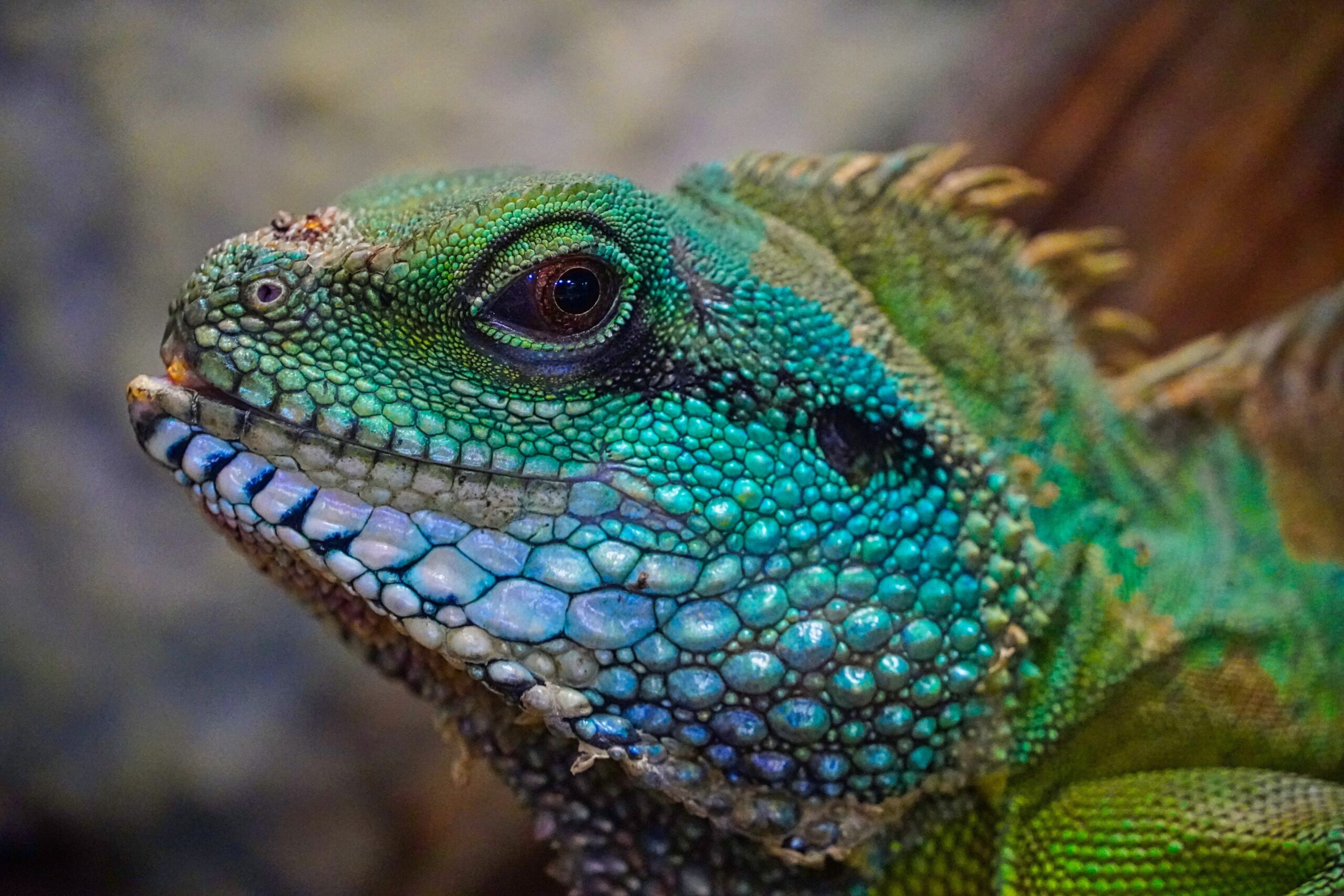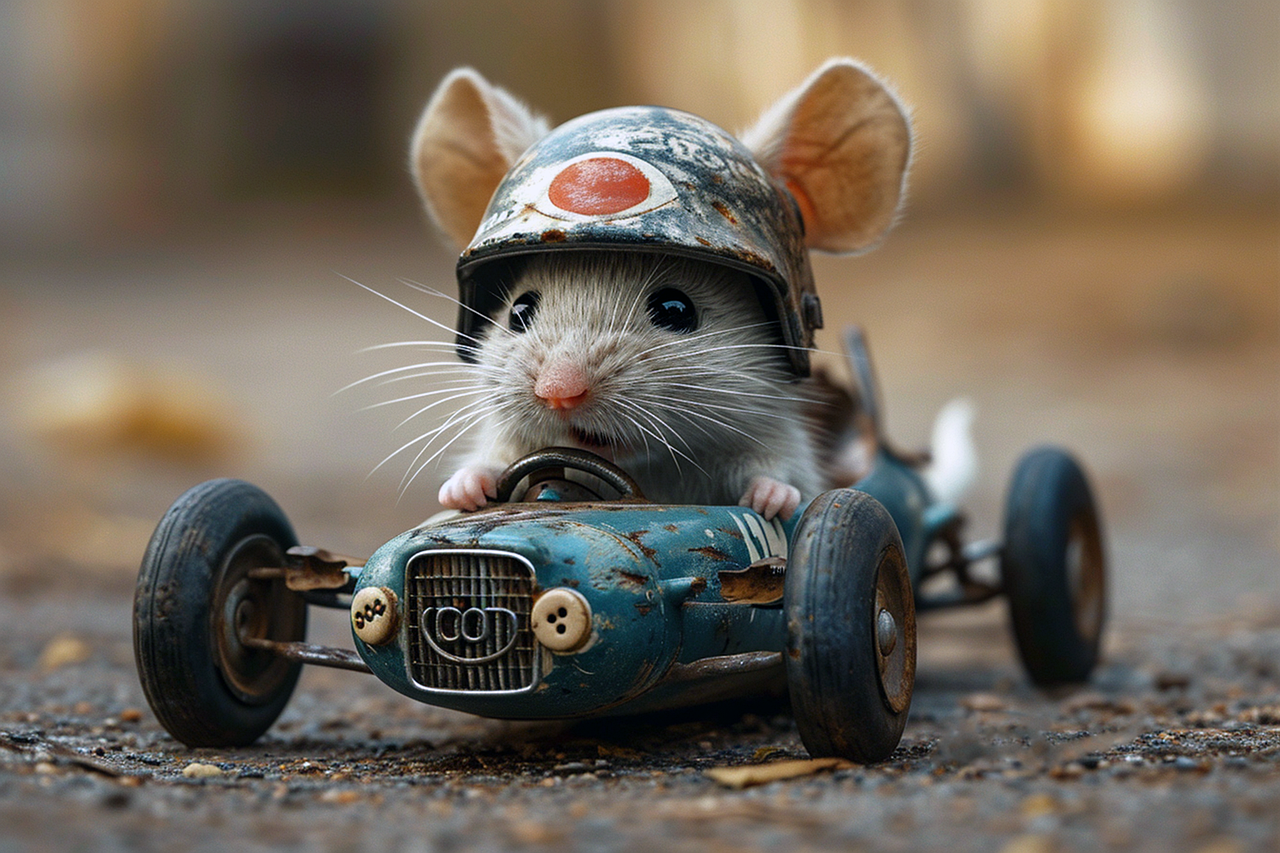Painful stories happen to all of us. A marriage or relationship goes sour. A job…

A purpose that matters
In one of those Where’s Waldo puzzles, we search for a little guy hidden within a complex drawing of different places across the globe. It reminds me of how some of us search the world over to find a purpose that matters. That elusive holy grail that gives us a reason for being, makes us memorable, and reassures us that we matter in the world. But I wonder, is that a purpose for being or a strategy for survival?
The tribe has spoken
Consider the deepest, oldest part of our brain, the basal ganglia or reptilian brain. AKA, the lizard brain. It’s number one job is our survival and it fights hard to succeed.
This is also where our tribal instincts arise — because being part of a tribe is how we learned to ensure our safety and survival in a dangerous world. To secure our place in the tribe, we needed to prove ourselves worthy and valuable. That we matter. Otherwise, we could be ostracized and left alone to perish.
Unchecked, our lizard-like instincts lead us to seek power and wage wars. It can also lead us to bend and shape ourselves into what we believe others need or expect from us, at work, at home, or within society.
But purpose that matters goes beyond making ourselves tribal worthy, doesn’t it? I think many of us wrestle with this question, so I decided to consult the all-knowing AI on this topic.
According to AI, “…many people conflate productivity with purpose, only to find themselves in a cycle of burnout and emptiness. It’s almost as though society places a metric on a person’s worth based on what they produce or achieve, rather than who they are or how they feel.”
Almost? Definitely, the understatement of the year.
A shift in perspective
Most of us are so busy proving ourselves tribal worthy from dawn to dusk, we barely have time to think about who we are or how we feel. We play the roles in our chosen tribes, ticking tasks off our lists from dawn to dusk and wondering whether there’s a purpose to any of it.
To find purpose that matters, maybe we we just need to shift perspective.
A few years ago I read a book called The Little Book of Ikigai, by Ken Mogi. It’s about the ancient Japanese practice of ikigai, which translates as ‘iki’ (life) and ‘gai’ (reason), or reason for living.
Some of us may recognize this from another interpretation that’s often represented through a Venn diagram of passion, mission, vocation, and profession. This westernized version became popular as an equation for identifying the perfect career path. Another tool for that all-consuming search to be tribal worthy.
This is not the original intention of ikigai, nor how the Japanese embrace it in their culture. Ikigai is not a formula used as a means to an end. As Mogi writes, it’s “a way of living that embraces the joy of being alive.”
Pillars of ikigai
In his book, Mogi reveals the pillars of ikigai and how to practice them, which are:
- Starting small: Noticing and showing appreciation for small things.
- Releasing yourself: Being who we are without judging ourselves.
- Harmony and sustainability: Contributing to the common good.
- The joy of little things: Being present to what brings us joy.
- Being in the here and now: Immersing ourselves in the present moment, whatever we’re doing.
The pillars of ikigai seem to have a lot of similarities to the practice of mindfulness: Both are available to all of us and accessible in every moment, no matter where we are or what we’re doing. And both are daily practices, not destinations — and the more we practice, the more their superpowers are revealed to us.
When we shift from seeking an end goal to engaging with the present moment, we also find a purpose that matters: Being a good human.
It’s in the name
The all-knowing AI agrees, sharing that “purpose isn’t a finish line; it’s more like a compass, rooted in authenticity and self-connection. When people pause to ask themselves what truly brings them peace, joy, or meaning—beyond societal expectations—they often begin to untangle purpose from productivity. It’s not always easy, but it’s freeing.”
Consider the name of our species: Human being, which is a verb (an action), not a noun (a person, place, or thing). It seems we embrace our reason for living by being kind, being loving, being generous, being supportive, being open-hearted, being there for our loved ones and our planet and those who are suffering. It’s also about being creative and passionate and joyful.
Of course, being responsible is also important because sometimes we need to do things that we don’t necessarily like. Practicing the pillars of ikigai can help expand our perspective and help us find a a purpose that matters in every detail of our lives.
Glimmers of purpose
Another way to embrace ikigai is to notice and appreciate glimmers.
Glimmers are “micro moments of joy that make us feel happy, hopeful, and safe.” They calm our lizard brains, open our hearts, and remind is that these are the simple things that matter.
Glimmers are the opposite of ‘triggers,’ which our lizard brains snatch at like annoying bugs flitting through the air.
Instead of worrying about finding Waldo, we can practice seeking glimmers. The more we do, the more we experience them.
The power of kindness
We can also make the intention to generate glimmers for others by practicing acts of kindness. As a bonus, research shows that practicing kindness eases symptoms of depression, stress, and anxiety and has positive impacts on blood pressure and the immune system.
From a metaphysical perspective, positive thoughts and actions elevate our vibrational energy which in turn attracts even more positive experiences.
Remember, this includes being kind to ourselves as well as to those who don’t share our beliefs.
That’s where it’s not always so easy, right? But it’s called a practice because it requires intention, attention, and commitment, just like eating nourishing foods, releasing stress, and moving our bodies every day. Here’s a loving kindness meditation that offers a way to practice.
A purpose that matters
Matter is another interesting word. As a verb it means to be of significance. As a noun, it’s a physical substance that occupies space. We are matter and who we are and what we feel matters. We can also create more of what matters to us through the focus of our attention.
This can be tough when our attention is bombarded 24/7 by news cycles, social media feeds, advertising, and so many other negative influences that trigger our lizard brains. These are meant to not only boost consumerism, but also to fuel division and fear among us.
We can’t stop this machine, but when we get sucked in, we can return our attention to the pillars of ikigai and glimmers and being good humans.
The more we can focus on fully engaging in these, the deeper we connect with who we are at our core and positively influence how we (and others) feel. That may be the only purpose that matters right now.

Interested in working with me as a life coach? Check out my website.
Journaling prompts for reflective writing
- Do you rely on accomplishments to feel good about yourself? Why?
- Do you look to others for recognition, feeling worthy or safe or valuable? Why do you think that is?
- Do you resist being kind to yourself? How might you start?
- Make it a point to notice glimmers. Write about why they’ve caught your attention.



